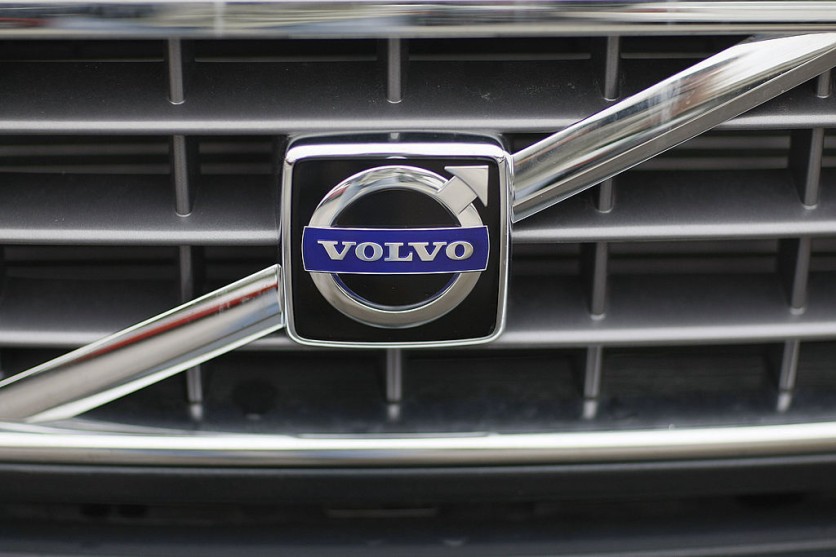The European Union's expected import tariffs on Chinese-made electric vehicles (EVs) have reportedly prompted Volvo to move its production of some of its EV models from China to Belgium.
According to The Sunday Times' unnamed sources, Volvo is moving its EX30 and EX90 models manufacturing from China to Belgium. The newspaper also reported that the automaker may relocate the manufacturing of some models bound for the United Kingdom to Belgium.
Among Western automakers, China's Geely-owned luxury car company Volvo is considered the most vulnerable to tariffs. Trade tensions between the EU and China have resulted in a flurry of anti-dumping investigations against Beijing, which is accused of providing unfair subsidies.
As early as this week, the EU is anticipated to inform Chinese manufacturers of electric vehicles whether or not it will apply temporary tariffs on July 4 that would raise import taxes above the existing 10% level.
If implemented, the tariff schedule would consist of three tiers: individual rates for the sample of firms the EU was investigating, including BYD, the world's biggest seller of EVs; an average tariff for companies that responded to inquiries but were not thoroughly probed; and a residual tariff for firms that were not investigated.

China on the Expected EU Tariffs
In denying the Times' report, Volvo said it is too soon to speculate on the implications of the inquiry's conclusion or any potential measures. A spokesperson told Bloomberg that the company's choice to construct the EX30 in Ghent, Belgium, underlines its goal to build vehicles where they sell the most.
Volvo also said that the additional capacity in Belgium had previously been revealed. China declared last week that it will take steps to protect its interests after accusing the EU of trying to "suppress" Chinese businesses.
According to Xinhua, which cited remarks made by China's Commerce Minister Wang Wentao, the charges of unfair competition against China are totally without merit. Wang expressed his desire for the EU to give up trade protectionism and instead prioritize dialogue and collaboration.
EU's Motivation on Import Tariffs
Ursula von der Leyen, the chairwoman of the European Commission, reportedly cautioned that the world could not absorb China's excess production after meeting with Chinese President Xi Jinping in Paris last month.
She noted that the EU will not waver from defending its sectors and jobs within the unit. Allegations that China was suppressing domestic consumer demand via overcapacity and flooding the EU with cheaper EVs led to the launch of the anti-subsidy investigation in October last year.
It is one of the more than a dozen investigations being conducted by the EU into Chinese state assistance. One inquiry focuses on exports of heat pumps, solar panels, and wind turbines, which the energy sector asserts are 50% less expensive than what the EU charges.
Related Article : Kia EV4 Visuals Unveiled, the Newest Affordable Electric Sedan





